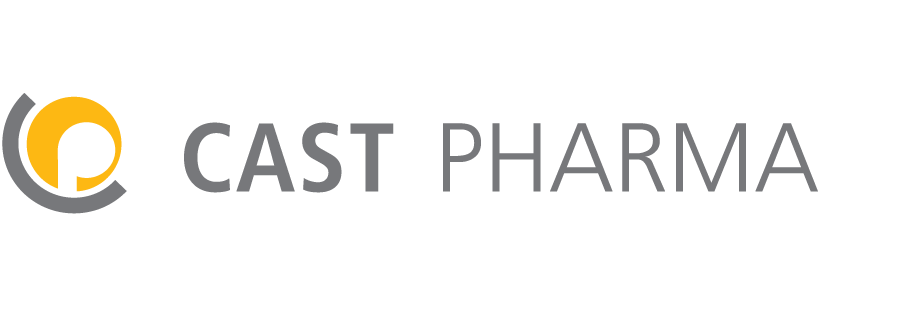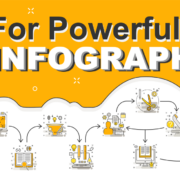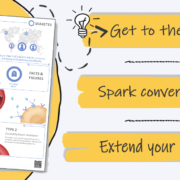Transforming a live training session into a self-study tool for medical affairs
Training sessions are an essential aspect of any medical affairs team in a pharmaceutical or biotech company. They provide an opportunity for medical affairs professionals to learn about the latest developments, industry best practices, and new product launches. But face-to-face or online training sessions have some limitations. The most obvious: only those who participate on the day of the training session get to access the content. This means that all those who could not participate in the session, as well as new medical affairs professionals who join later, miss out on the valuable information. Read more










